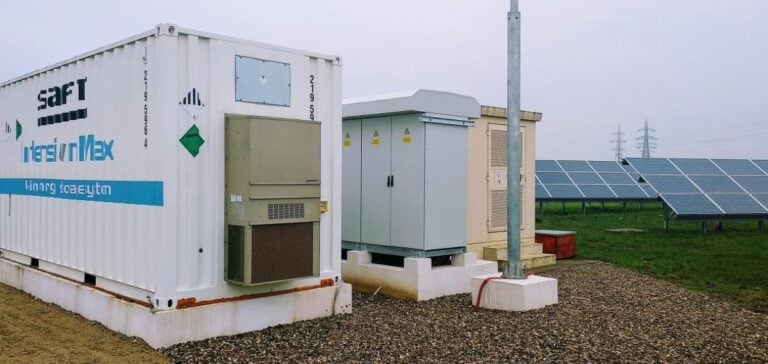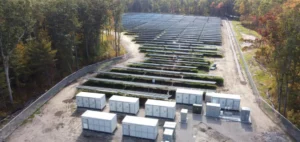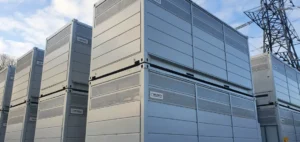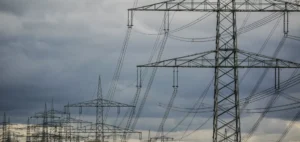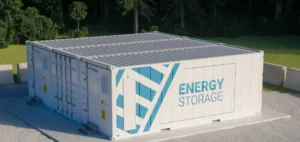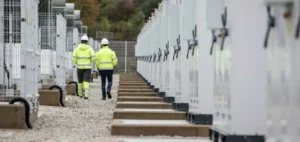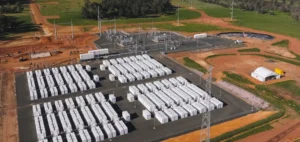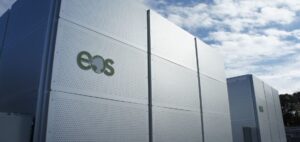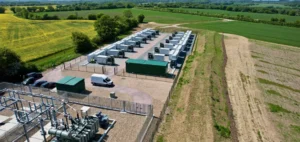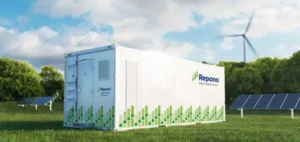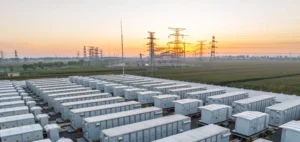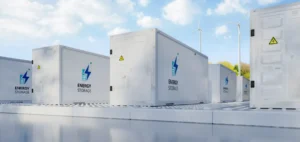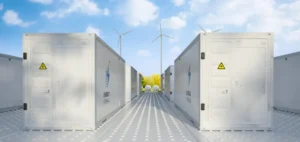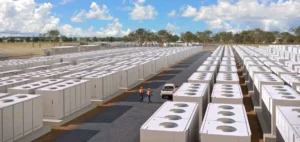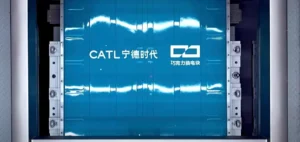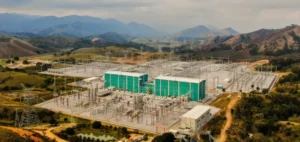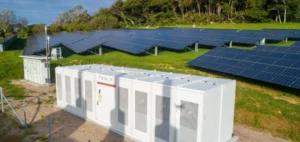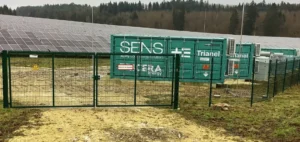EDP Renováveis Group (EDPR), through its subsidiary EDP Renewables North America LLC, has signed a 15-year Energy Storage Service Agreement (ESSA) with Redwood Coast Energy Authority (RCEA), a community choice aggregator serving Humboldt County, California. This agreement involves the sale of energy from the 92 MWac (368 MWh) Sandrini BESS lithium-ion battery energy storage facility. The project is scheduled for completion in 2025.
The Sandrini BESS technological breakthrough
The Sandrini BESS site will enable energy to be charged either directly from solar production or from the grid, offering greater flexibility in energy management. This initiative marks a key milestone for EDPR in the energy storage space, underlining the importance of integrating storage solutions with other renewable technologies.
Impact on grid stability and energy management
Co-locating storage with renewable sources brings a number of benefits, such as improved grid stability and optimized energy management. This project not only contributes to the efficient use of renewable energy, but also plays a crucial role in supporting the transition to a sustainable and resilient energy system.
Contributing to the global goal of energy transition
EDPR has already reached 58% of its expansion target of 17 GW for the period 2023-2026. The company thus reinforces its growth strategy based on the development of competitive projects.
The Sandrini BESS project, along with other similar initiatives, marks EDPR’s focus on sustainable development and energy transition. The agreement signed with RCEA in California highlights the role of energy storage in achieving environmental objectives.

